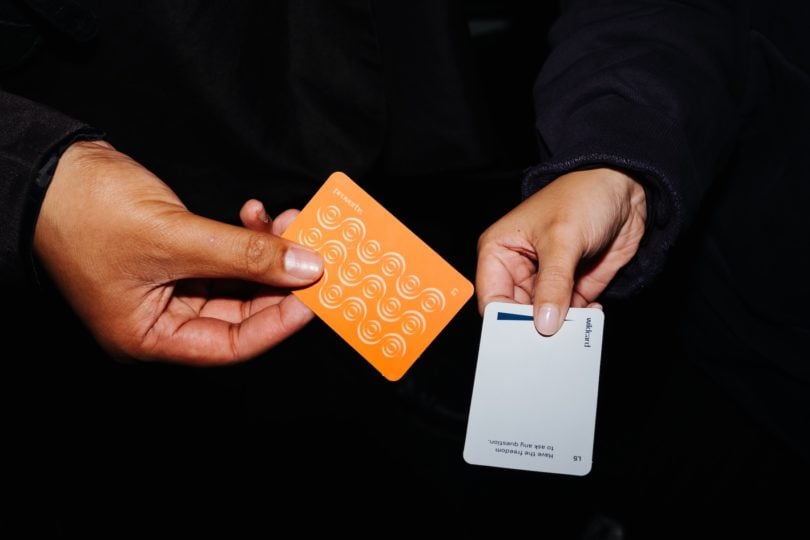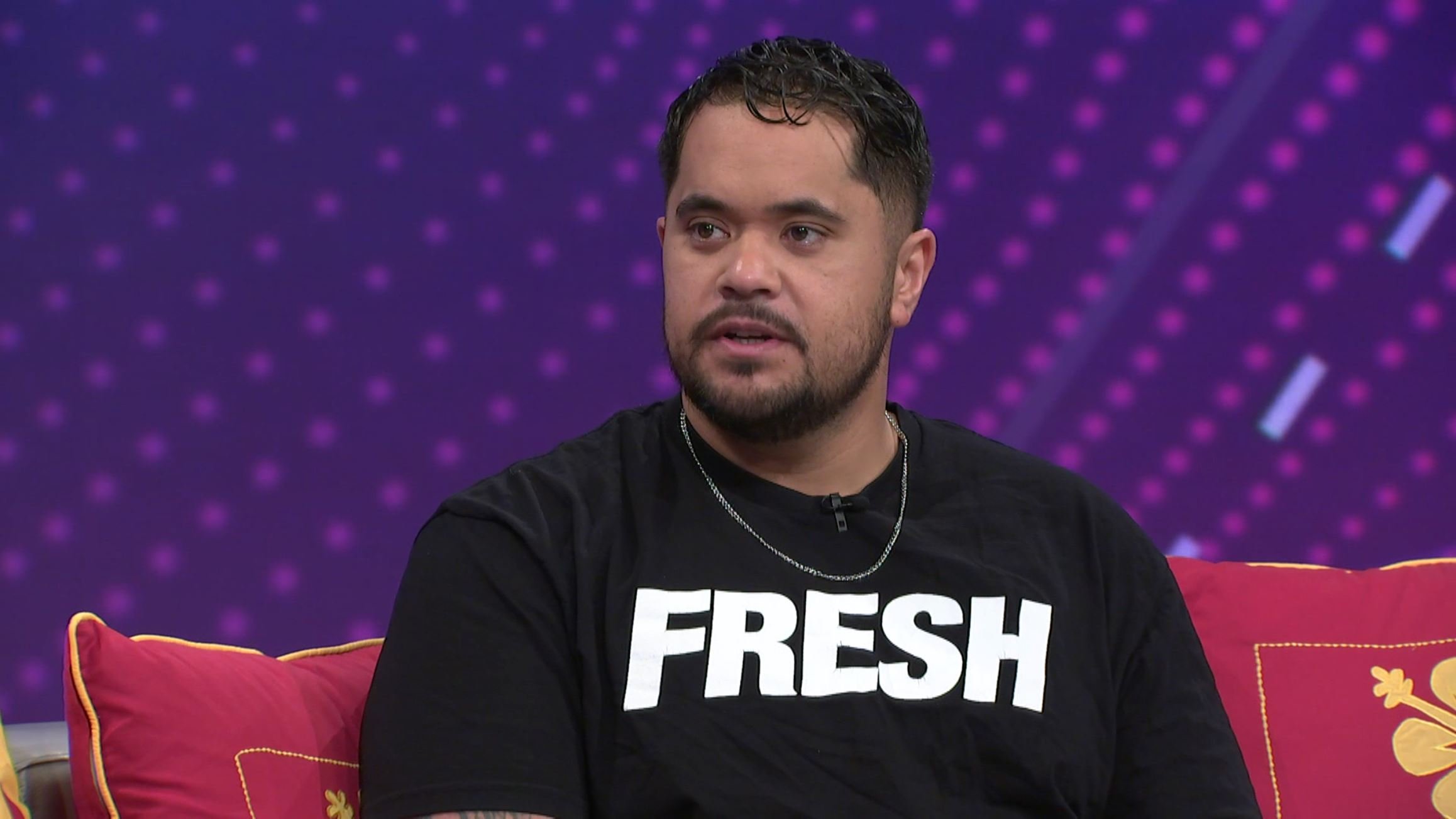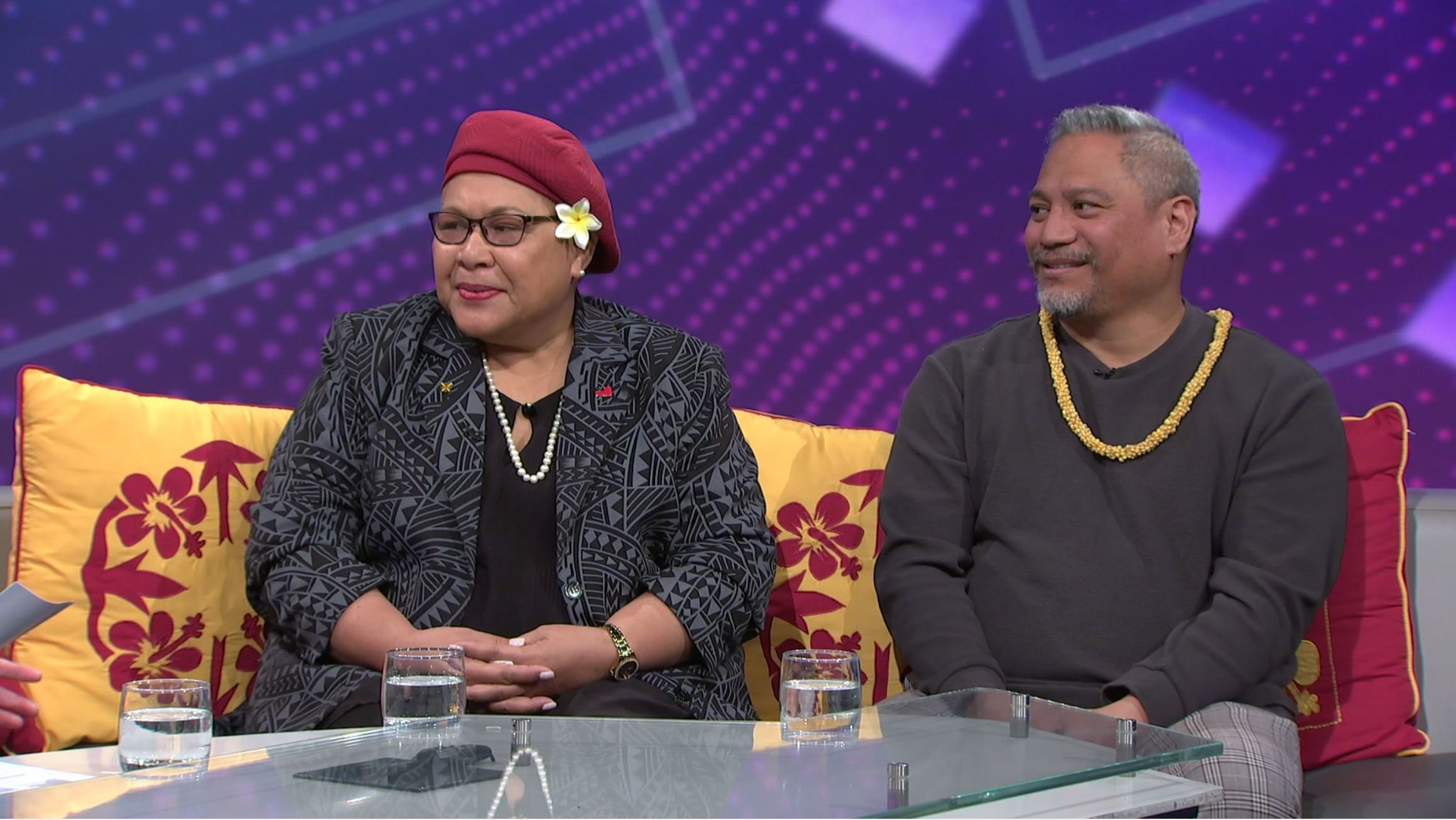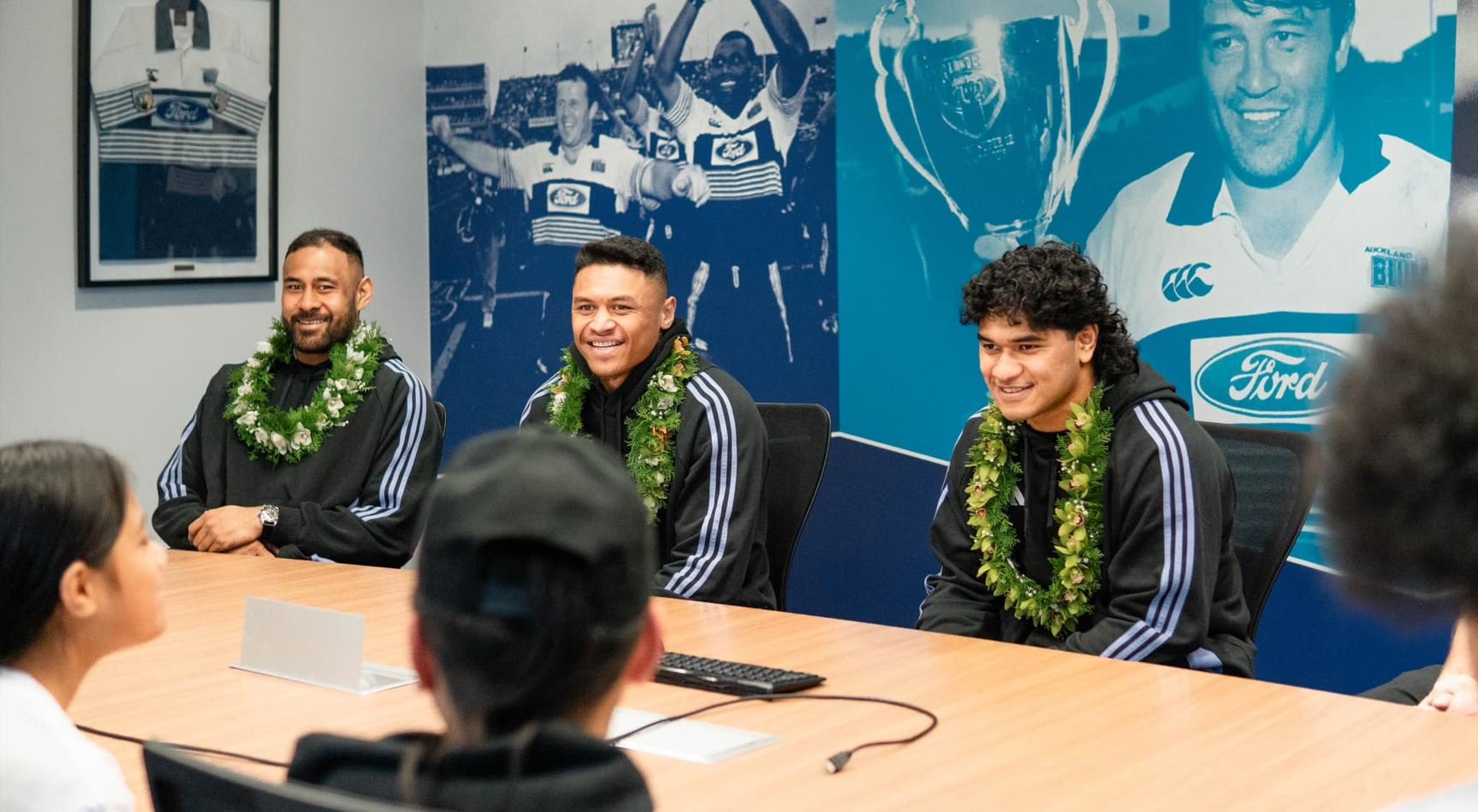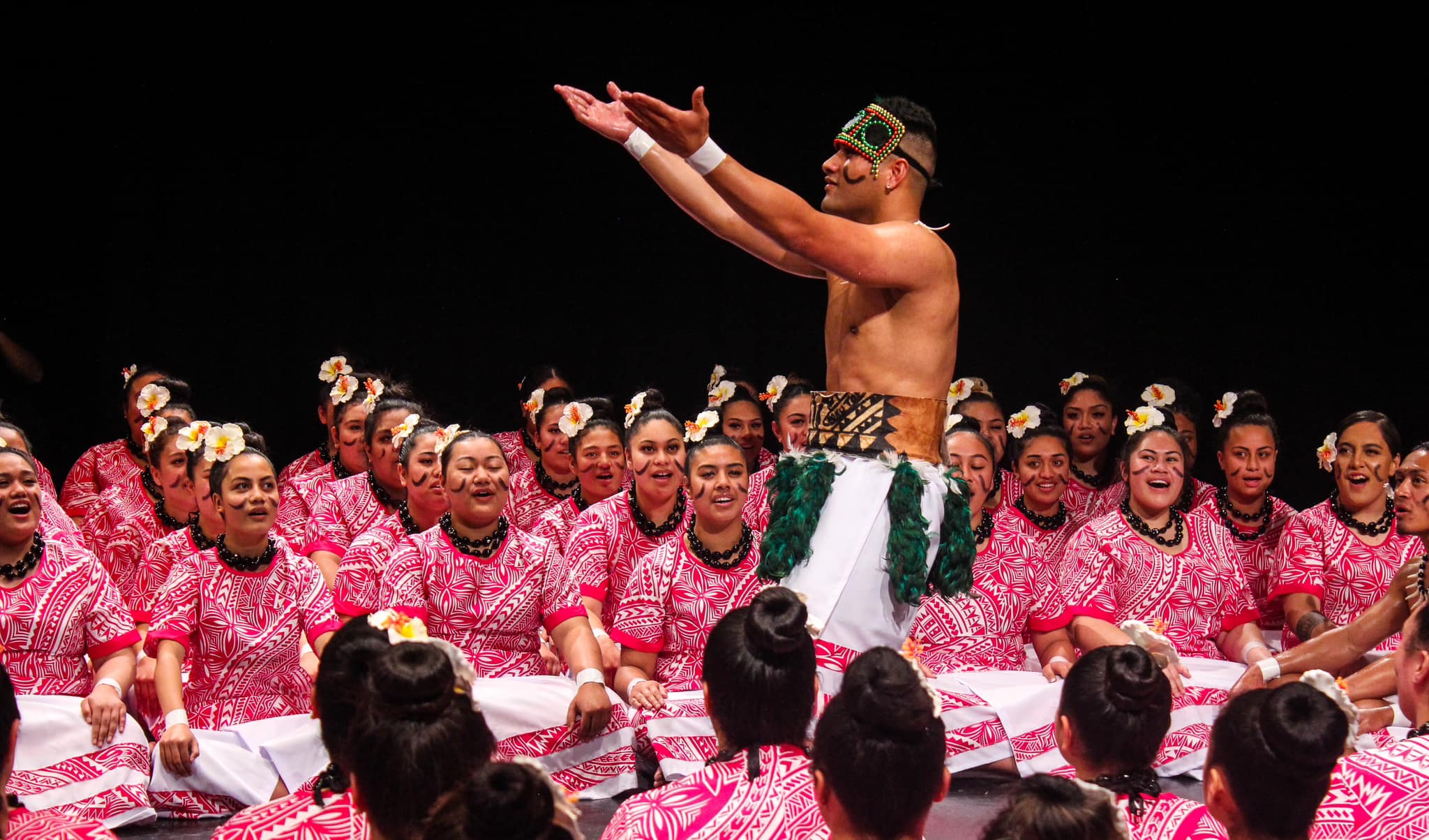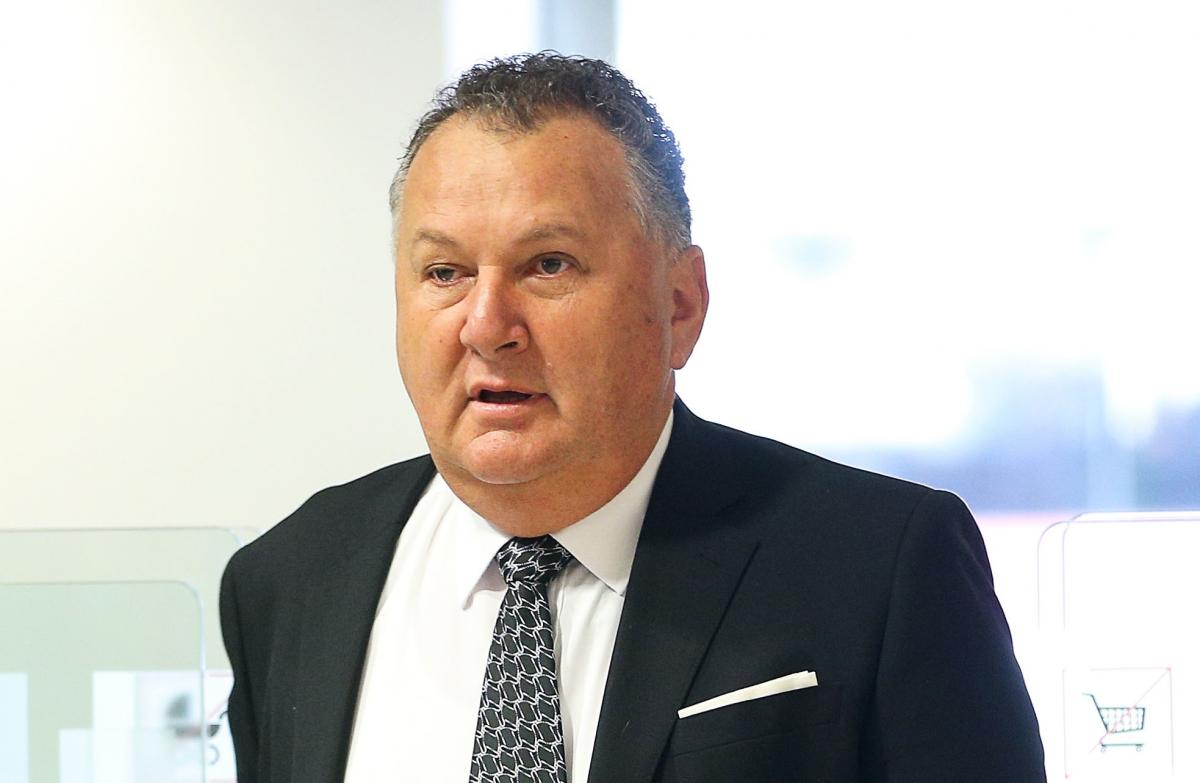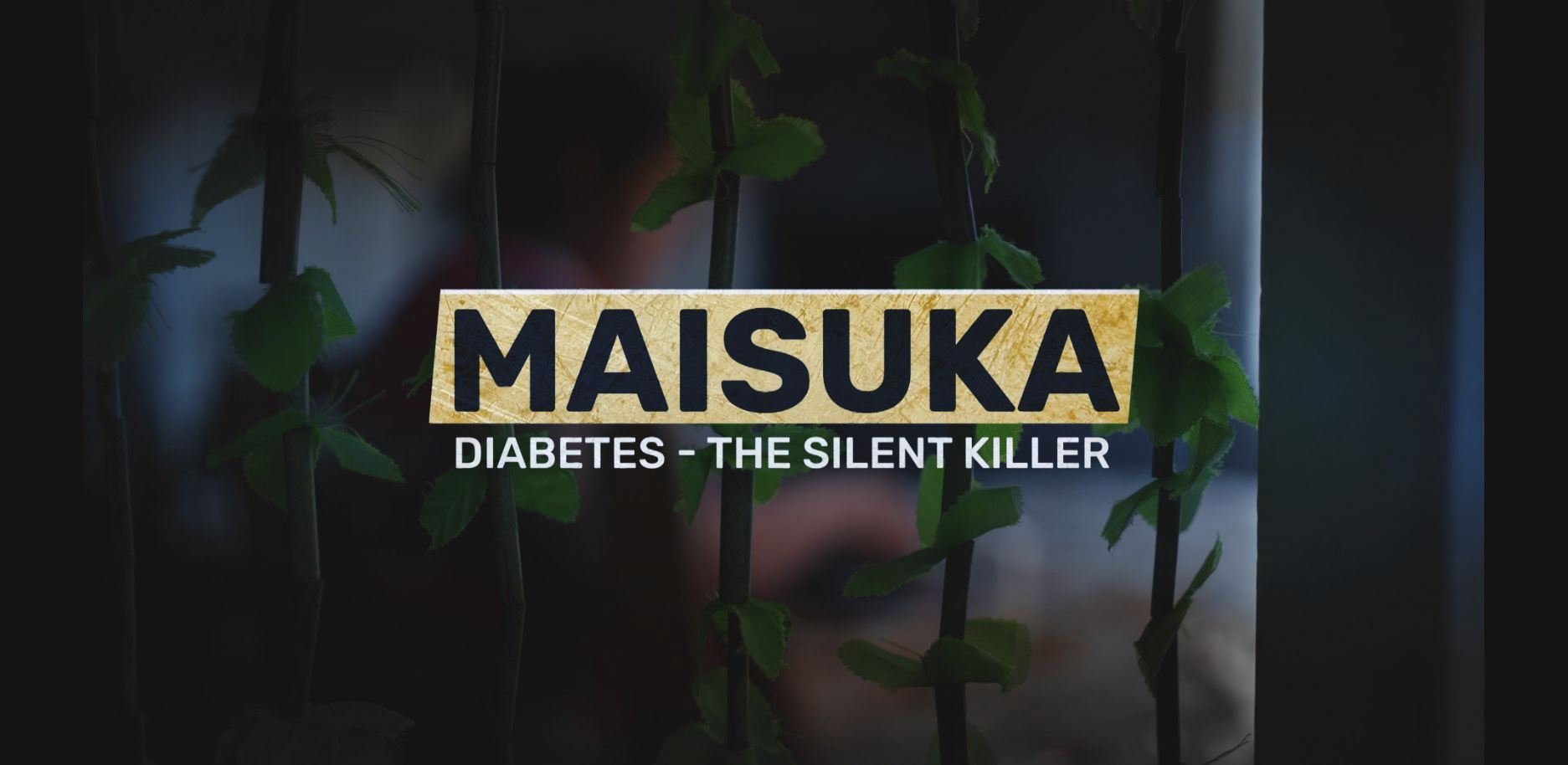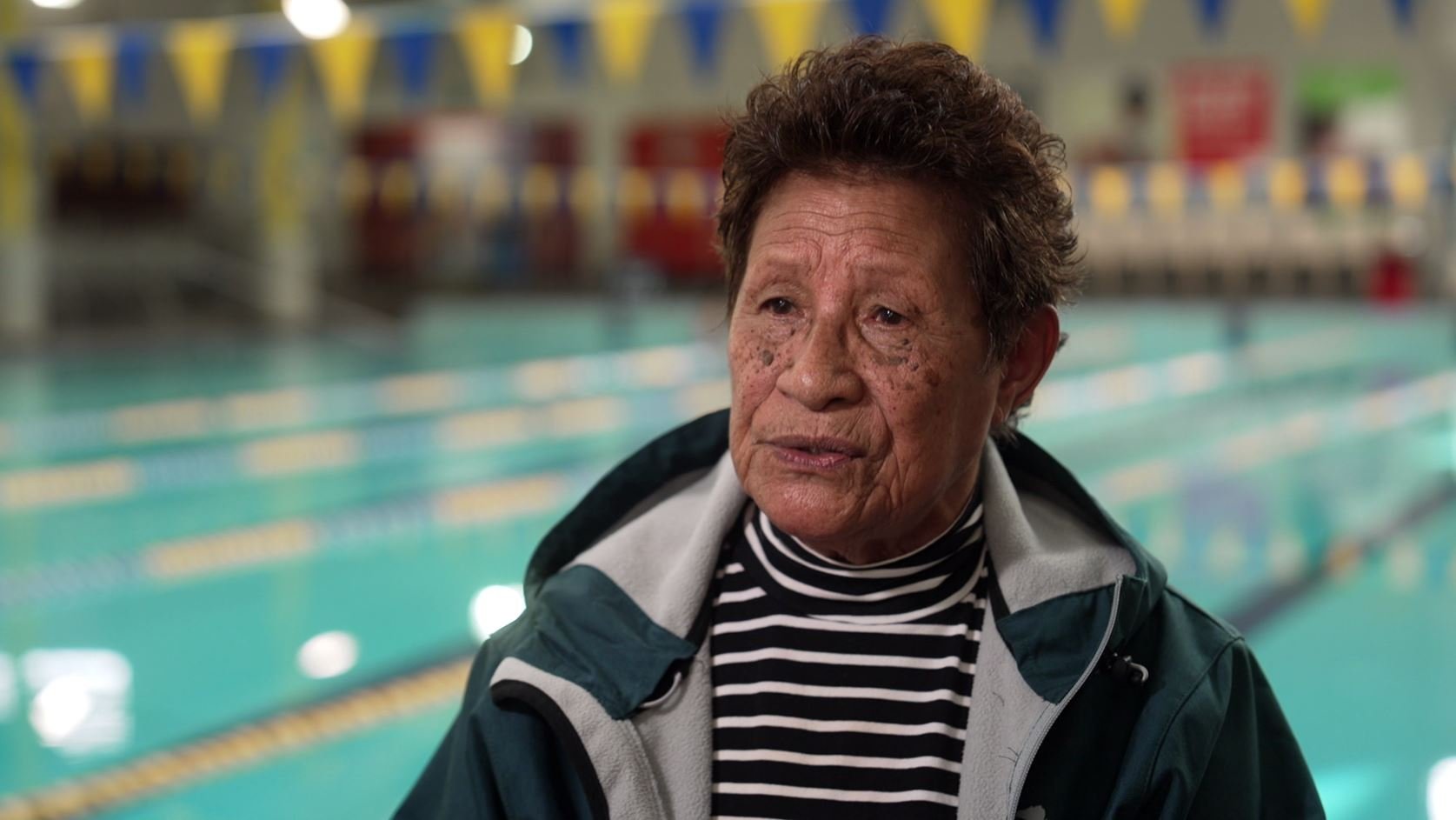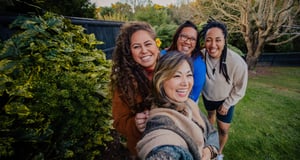Public Interest Journalism funded through NZ On Air
Many know her as an award-winning dancer, proudly displaying her Samoan heritage through performance. Lusi Faiva, who has cerebral palsy, has established a flourishing career in the arts as an adult.
But this week she took to a different stage, giving a statement at the Abuse In Care Inquiry about her time in care as a child.
After delving into religious and state care, the Inquiry is now holding hearings to look into deaf, disabled and mental health institutions.
When Lusi was first diagnosed with cerebral palsy at 2-years-old, a doctor advised her mother to put her in an institution as, “it would be better this way.”
Lusi used her communication device to share what she remembered of her time at the Kimberley Centre, a specialist hospital to care for people with intellectual disabilities.
“In the shared space there were people of all ages with different disabilities,” Lusi said.
“The nurses didn’t look after me properly. The only times that the nurses came on to the ward was to give us children our medicine.
“Once, I fell and broke my ankle because no one was watching me. If I had received better care then, my physical health would be better today.”
Staff made assumptions that Lusi did not have the “mental capacity” to communicate with others and that she had an “intellectual disability.”
While her Samoan heritage features heavily in her art and performance work, as a child Lusi remembers that the staff made no effort to recognise her culture.
“No one ever talked to me about my Samoan heritage…there was no respect or effort to recognise me for who I am.
“The institute felt ‘dark and cold.’”
It took the attention of two teachers at the institute to realise that Lusi was much more capable than what the staff realised.
They taught her to read and write and finally, Lusi was able to express herself.
“Their regular interactions with me taught me that I was someone, I was Lusi and I deserved to be loved.”
Lusi’s mother had never visited her while she was at Kimberley. But it was these two teachers who encouraged Lusi’s mother to finally remove her from the institute.
But adjusting to life outside of Kimberley was still tough for Lusi. For a time she stayed with extended family who didn’t understand how to care for her. But this was where she was finally able to engage with her Pacific heritage.
Lusi joined an acting group at the age of 15 and during this time she was able to interact with others who had similar stories and, like Lusi, were “seeking their own truths.”
And at 28, she discovered her true passion – dance.
Lusi is a founding member of Touch Compass, a disability-led professional arts organization. Here she has helped provide a platform for disabled artists to create and thrive in the arts industry.
In 2020, Lusi was the recipient of a Creative New Zealand Pacific Art Award, picking up the Pacific Toa Award.
In the same year she also won the Spirit of Attitude award at the Attitude Awards. The award recognises those who have risen to the challenge of their disability with a positive ‘can-do’ spirit.
While she still feels judged on stage, it is where Lusi gets to really express her identity.
“As an adult I fell in love with the performance world,” Lusi said.
“The creative space allows me to explore myself through dance. It brings me beautiful moments, movement, interactions, tears, love and laughter.”
For Lusi, she says her time in care “was like a slap in my face,” and is adamant that changes to the care system for disabled peoples need to be implemented.
“Although I am living independently, the support services are not resourced enough to be reliable when I need them urgently, even today,” she says.
“It frustrates me a lot. Care still fundamentally operates under a similar system, where I am left without care and support for a long period of time.
“This reality is a reflection that the system lacks the respect for freedom and even basic human needs.”
The hearings for the Abuse in Inquiry conclude this week. The statements from the survivors will be used to make recommendations for changes to the system.













